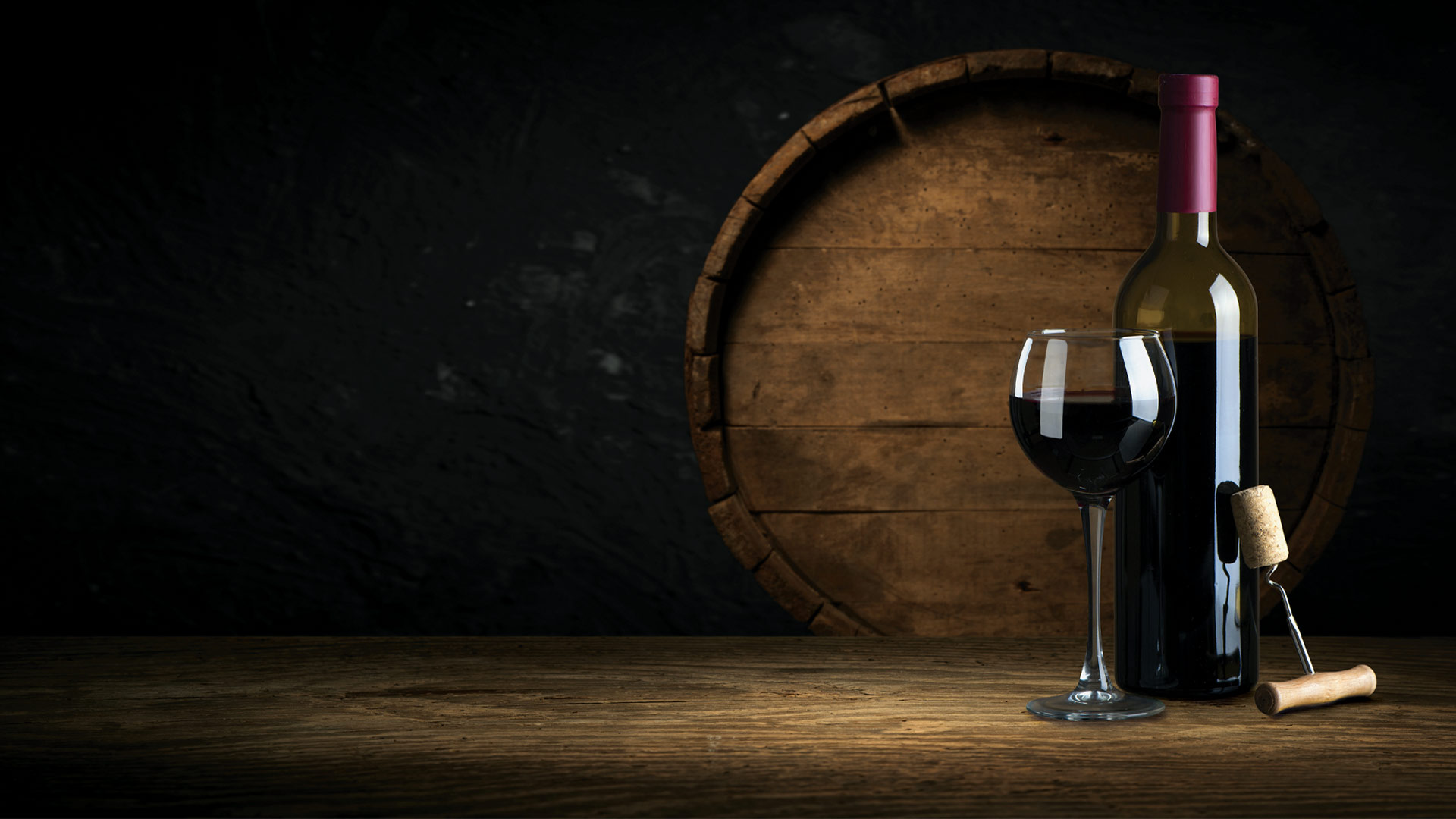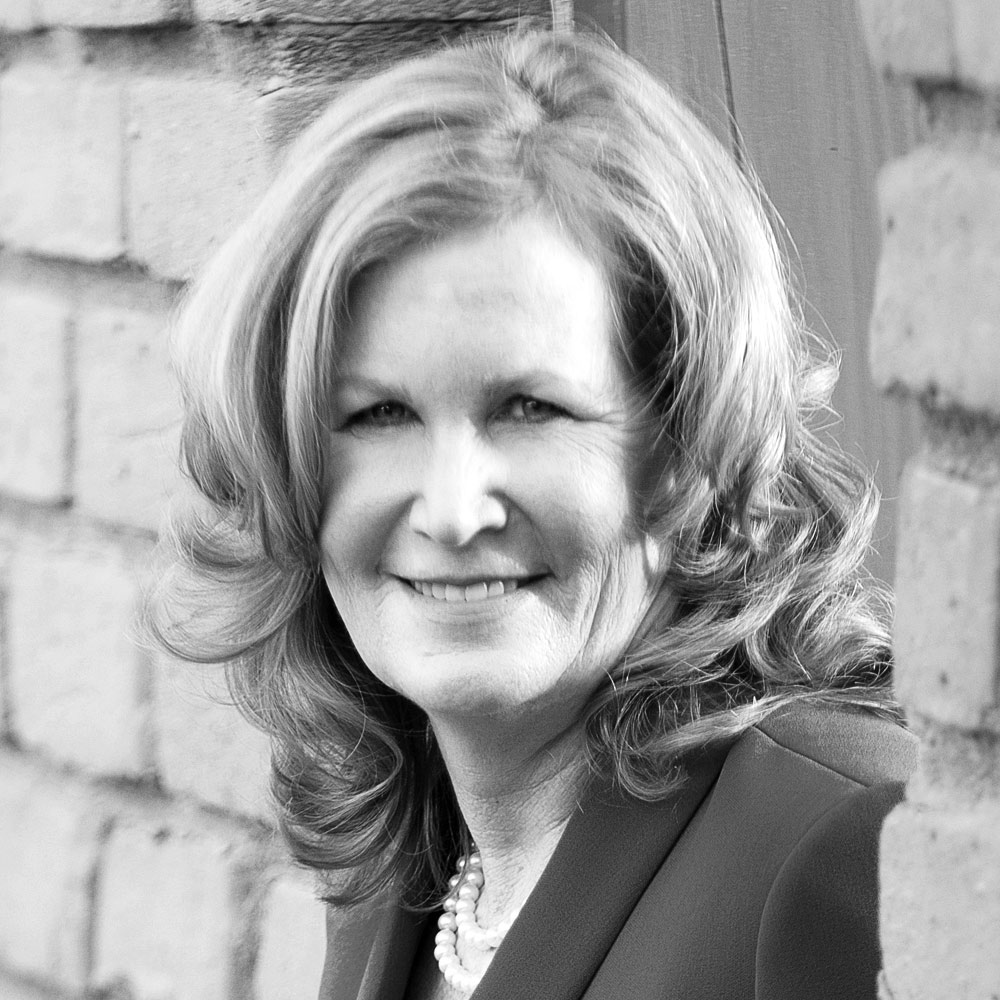
s a keynote speaker, I often mention our family-owned winery, Hacienda de las Rosas, which translates to “Big House of the Roses.” The audience lights up as they ask incredulously, “You own a winery?” Questions usually follow: “How long has your family been in the business?” or “Did you inherit it from your parents?” Frankly, when we started our business, we had no background in viticulture, nor a long family history of winemaking. However, we figured that if others could do it, why not us?
Starting a family winery is not as romantic as it sounds. There is an overwhelming amount of work involved – installing fencing, fixing irrigation, purchasing equipment, creating batches of wine that don’t always pan out, and dealing with regulatory requirements. And harvest time? While the movie industry illustrates a day-long party filled with background music and hundreds of extras, reality can be quite different. Harvest generally occurs during the hottest time of the year, with a pre-dawn wake-up followed by hours of picking grapes, hoping that a few friends will show up to help!
When we eventually opened a tasting room in historic Old Town San Diego, the country was in the middle of a deep recession. My employer was considering layoffs and issuing pay cuts. It was a very scary step, and we had moments of insecurity. But we pushed through, learned new skills, and found people to help guide us when we got stuck. The expression “fake it until you make it” was a regular mantra. It didn’t mean being insincere; it meant acting courageously, even when there were doubts. Our winery was eventually chosen as a top-five winery for San Diego County, and won a Chamber of Commerce Small Business award – all started from an idea, a bit of luck and a lot of hard work.
While running our family business, I had a full-time job working for the government, specifically the City of San Diego. I served as purchasing agent, overseeing all purchasing activities for the entire organization. My days were fast-paced and stressful, filled with meetings, emergencies, personnel issues and stacks of paperwork. However, I often applied our family business work ethic and lessons learned into that workspace. With the challenges of political agendas, civil service, regulations and competing priorities, you might wonder how government can be compared to a winery. It might be surprising to learn that municipalities often pursue different strategies and innovations to streamline processes or drive savings. The recent pandemic created tremendous paradigm shifts for government teams to move forward in new ways.
In government, services are often offered in a one-size-fits-all model. That antiquated way of thinking is changing as online forms, live chat and website contact pages provide customers more convenient ways to gain information and services. For example, when a request for proposal or bid is advertised, an in-person, pre-bid meeting is usually scheduled to discuss the requirements and answer questions. Prior to COVID, those attendees had to drive to the designated location, park, log in, then spend the next hour or two at the meeting before driving back to work or home. With these pre-bid meetings going virtual, attendees can log in for the hour and obtain the same information, without the travel time or parking fees. Government is becoming more responsive and flexible with how services are provided.
By contrast, government processes can sometimes get stuck in time. When a policy or procedure is established, the original reason behind it is often forgotten or becomes irrelevant through time. Whenever I asked my team, “Why do we do it that way?” and the response was, “That’s the way we have always done it,” it became time to review that policy. With remote working environments, many processes are being scrutinized, and organizations are becoming more forward-thinking. Manual, paper-intensive processes have moved to virtual, online systems. The antiquated legal opinion not allowing electronic signatures on government documents, requiring a “wet” signature instead, quickly became updated and approved, as customers submitted signed online documents. When offices open again, I can’t imagine many will go back to the old way of doing things. Very much like an entrepreneur, when one avenue is closed or new a problem arises, it’s best to be creative in charting a new path.
A similar concept called cooperative contracting has become increasingly prevalent for government agencies. The idea is simple. One jurisdiction creates a contract for basic goods or services, such as office supplies, furniture, or fleet vehicles. This established contract can then be “piggybacked” on by other agencies, driving greater volume discounts for all. Much like the warehouse shopping done in our private lives, government is moving toward this contracting tool in a big way.
There is truly a community of support within smaller farm networks. Whether it’s sharing netting or wine-making supplies, providing advice on grape production, or helping when a neighboring family has an emergency, the industry can be amazingly supportive. During the Witch Creek fires that raged across San Diego County, as the logistics chief I witnessed how well our public safety teams, along with their supporting departments, pulled together to not only fight the fires, but support those who lost their homes and address the tremendous recovery effort afterwards. Many have witnessed how municipal teams pulled together during the recent pandemic to share resources and supplies, and create partnerships with strategic vendors to gain the PPE products and services so desperately needed by so many competing interests.
